Even Labour‘s pacifists and nuclear disarmers have been mostly silent over Sir Keir Starmer‘s promise to boost Britain’s defence spending to 2.5 per cent of GDP by 2027 and to three per cent at some point in the next Parliament.
Russian aggression in Ukraine and Trump’s seeming capitulation to Putin has meant that pacifism has gone out of fashion, with near universal agreement that the Armed Forces must now be rebuilt.
But does anyone really have confidence that the extra billions will be wisely spent? Not Defence Secretary John Healey, surely.
Speaking at the Institute for Government last month, he lamented that ‘defence is mired in process and procedure’, explaining: ‘In procurement, we’ve got a situation where we employ 11 checkers for every one decision-maker, so no wonder it takes on average six years for a large programme simply to get onto contract.’
Three years ago, when he was shadowing his current post, he published a dossier exposing what he claimed to be £13 billion worth of waste by the MoD between 2010 and 2021.
He said that this ‘uniquely failing department’ had overspent £1 billion on four Astute nuclear submarines and a further £1 billion on a nuclear warhead assembly and disassembly plant near Reading.
Citing National Audit Office reports, he pointed out that the MoD had written off £595 million on a cancelled project to modernise and extend the life of 1980s Warrior armoured vehicles, managed to lose £21 million selling a mine hunter ship to Lithuania and wasted £4 million on an abandoned IT project.
It had even blown £5.7 million buying ear plugs, which turned out to be useless on the battlefield.
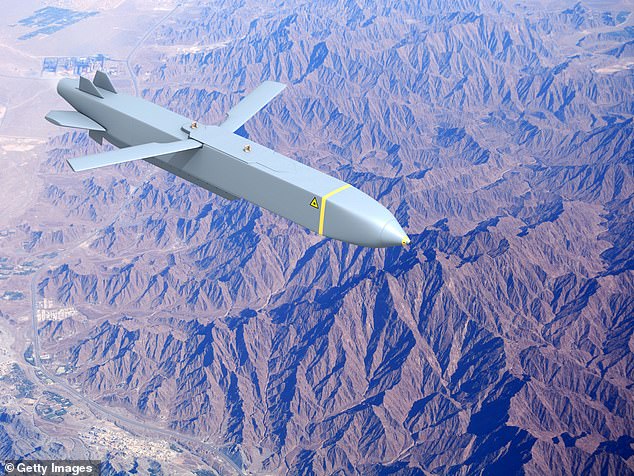
Storm Shadow or SCALP-EG is an Anglo-French long-range, air-launched cruise missile
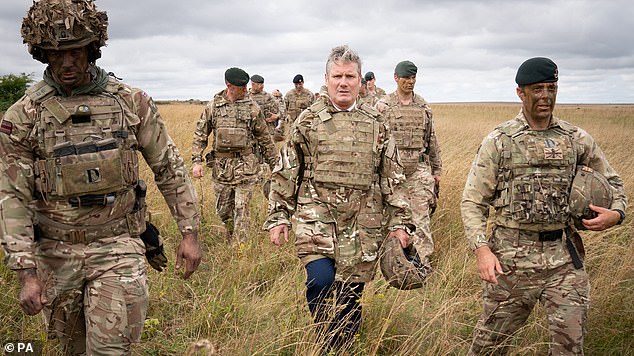
Even Labour ‘s pacifists and nuclear disarmers have been mostly silent over Sir Keir Starmer’s promise to boost Britain’s defence spending to 2.5 per cent of GDP by 2027 and to three per cent at some point in the next Parliament
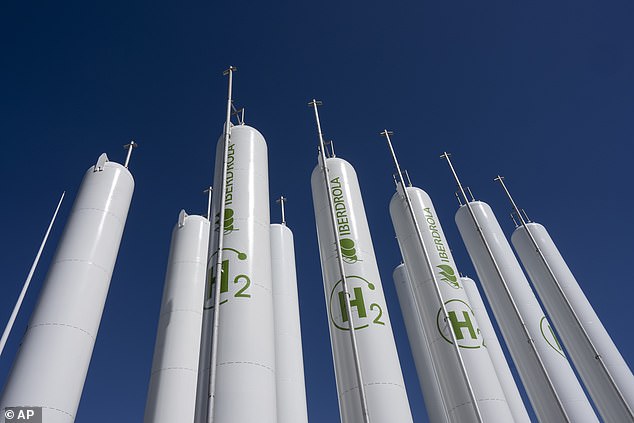
The RAF boasts a Guinness World Record for the world’s first light aircraft flight using only synthetic fuel, manufactured from hydrogen (pictured) and carbon dioxide
To his credit, Healey is clearly aware of the wastage, but it is far from clear what plans, if any, he has up his sleeve to ensure that the extra billions earmarked for the MoD do not similarly vanish down the plughole.
While a sharp increase in defence spending has won the Government political capital, few people have asked what it hopes to buy with the money.
Will it focus on more tanks, more aircraft, more submarines, more personnel? Is there going to be money for defending ourselves against cyber warfare? So far, there have been few answers.
The Government is acting as if reaching a spending target is a worthy achievement in itself. But by this thinking, there is no better way to ensure that money is wasted.
David Cameron’s Coalition Government proved that when it set out to spend 0.7 per cent of UK GDP on international aid, a target that was supposed to boost our soft power. Soft in the head, more like.
It didn’t take long before examples began to emerge of how the extra billions were being frittered – such as £13 million supporting a pop band called Yegna, otherwise known as the Ethiopian Spice Girls, who were supposed to be boosting women’s rights in developing countries.
Charged with ensuring that the 0.7 per cent target was reached, civil servants in the now-defunct Department for International Development ended up shovelling money out of the door on whatever daft projects were dangled before them.
Similarly, there will be no shortage of snouts in the trough as the defence budget is increased.

British soldiers practice an assault on February 17, 2025 in Smardan, Romania

The MOD allegedly overspent £1 billion on four Astute nuclear submarines and a further £1 billion on a nuclear warhead assembly and disassembly plant near Reading
On current trends, the extra 0.2 per cent of GDP that will take us to the 2.5 per cent target in 2027 equates to £6 billion.
That is a substantial sum, yet one that could easily be soaked up by a few pet projects that do little or nothing to keep the country safe.
There is, for example, the RAF’s efforts to reach Net Zero by 2040. Why does the air force feel it necessary to eliminate its carbon emissions in just 15 years’ time – a decade ahead of Britain’s overall, reckless target to reach Net Zero by 2050? It is certainly spending many millions on the project.
The RAF boasts a Guinness World Record for the world’s first light aircraft flight using only synthetic fuel, manufactured from hydrogen and carbon dioxide.
That was in 2021. Two years later, it started trials fuelling transport planes with a mixture of 50 per cent ordinary jet fuel and 50 per cent sustainable aviation fuel (SAF).
It is racing ahead of the airline industry’s own efforts to reduce its carbon emissions.
The MoD’s annual report doesn’t reveal how much the RAF is spending on this noble-sounding exercise, but according to Johnson Matthey – a UK chemical company which manufactures SAF – such fuels cost between two and seven times as much as ordinary jet fuel.
Given that the Armed Forces spent a combined £445 million on fuel in 2023-24, it could end up costing well over an extra billion pounds a year if all our defence equipment was to run on sustainable fuels.
A House of Commons defence committee report in 2023 revealed that the Army had already spent £14 million on ‘battlefield electrification’ and had committed itself to spend a further £13 million on the cause.
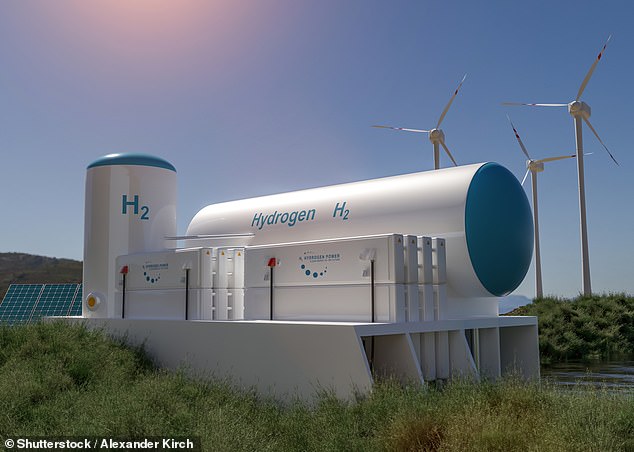
The RAF is racing ahead of the airline industry’s own efforts to reduce its carbon emissions
It seems to mean building hybrid tanks and armoured vehicles rather than outright electric ones.
I am sure they are terribly clever, but still you wonder at the wisdom of it. Is, for example, the Army going to have stop an advance in order to recharge its tanks?
The US army has already experimented with a hybrid tank, which has ended up being the heaviest in the world, due to the weight of the battery.
The performance of the few that were sent to Ukraine was mixed, with some getting bogged down in mud and unable to cross bridges. Easy pickings for the Russians, who destroyed two-thirds of them.
Maybe synthetic fuels are the future and there is a case for the UK Government investing in their development. But why are our Armed Forces the guinea pigs for this research, and why is it being financed out of the defence budget?
The Government is effectively plundering money set aside for tanks, guns and soldiers to further its broader policy of tackling climate change. One thing is for sure: you can bet that Putin isn’t diverting his military budget to Net Zero projects.
There is another voracious beast sure to poke its snout deeper into the MoD’s trough: the equity, diversity and inclusion (EDI) industry.
While Donald Trump has freed the US military – along with other federal departments – from having to bear of the cost of a battalion of EDI officials, the UK military has no such luck.
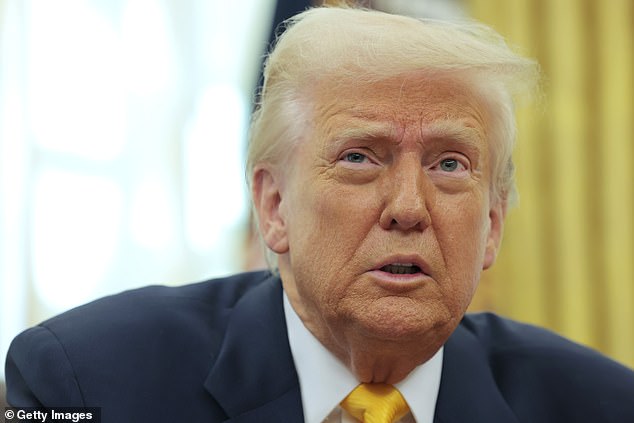
While Donald Trump has freed the US military – along with other federal departments – from having to bear of the cost of a battalion of EDI officials, the UK military has no such luck
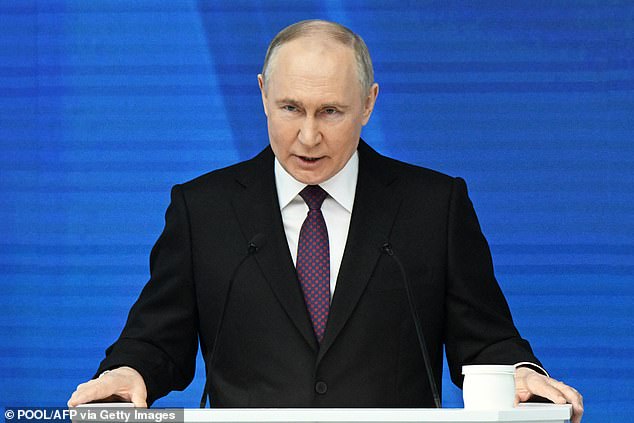
One thing is for sure: you can bet that Putin isn’t diverting his military budget to Net Zero projects
Just last week, the MoD was advertising for a ‘diversity and inclusion learning and development professional’ on a salary of £38,790, plus an extra 28 per cent in pension contributions.
A Freedom of Information request revealed that the MoD spent £2 million in 2023 on the salaries of EDI staff, more than double what it was spending four years earlier.
There is no greater danger in politics, the late Chancellor Lord (Nigel) Lawson once warned, than when a consensus emerges. It ensures that tricky issues are no longer debated, governments are not properly challenged. That is what we have at the moment.
There is widespread support for increasing the defence budget, but that shouldn’t be allowed to detract from the need to ensure value for money.
As Healey pointed out in his dossier, the waste he identified in the MoD budget for 2019-20 alone would have paid for 79 extra tanks.
Without better procurement and a keener focus on what is important, there is no guarantee that an extra £6 billion will buy us more effective forces.







